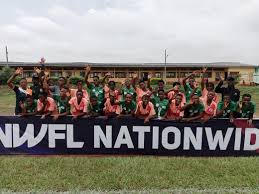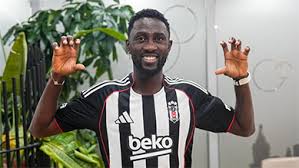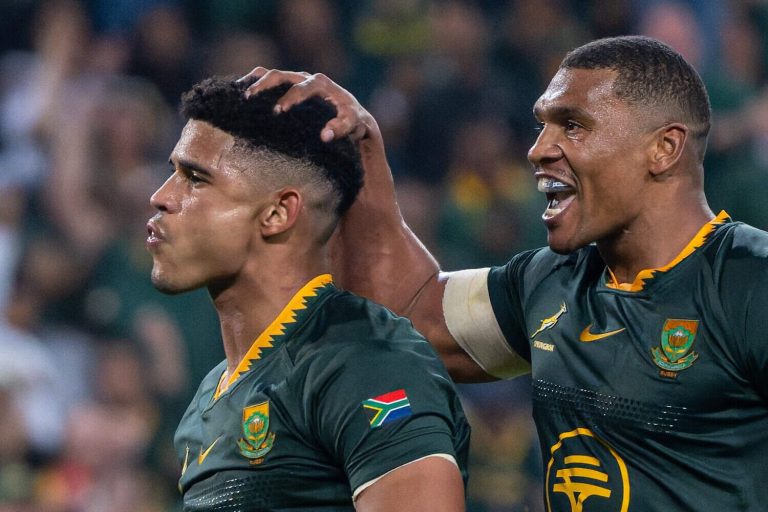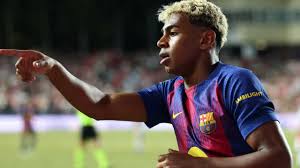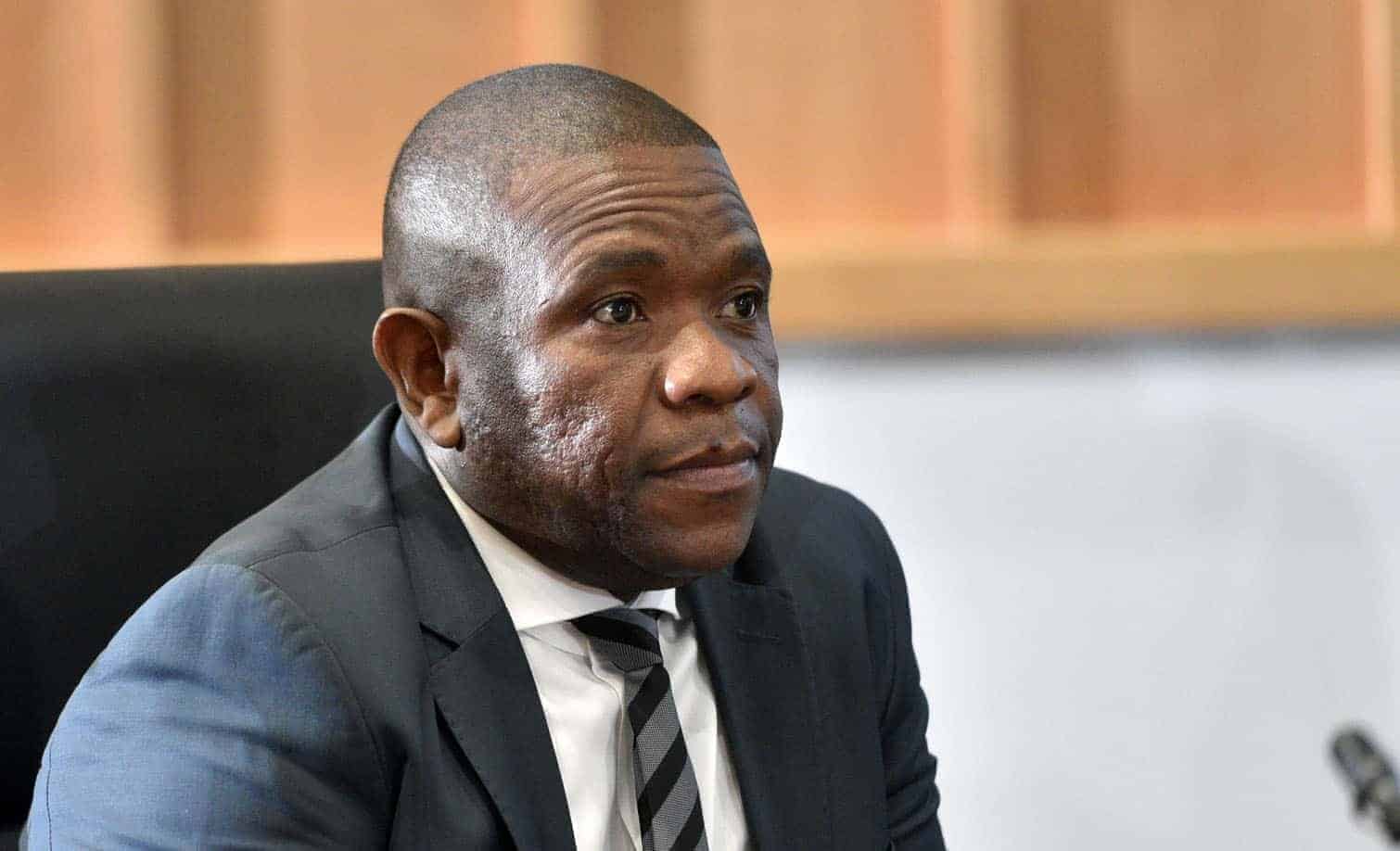
Police Minister Senzo Mchunu on Friday explained why he did not honour KwaZulu-Natal police commissioner Nhlanhla Mkhwanazi’s request for a meeting.
Mkhwanazi told the Madlanga commission last month that before his media briefing in July, he had sought to address matters with Mchunu, to no avail.
On 6 July, Mkhwanazi held a media briefing, in which he levelled several allegations against police management and the judiciary, among others.
Mkhwanazi said an investigation with the Gauteng organised crime investigation unit unmasked a syndicate which involves politicians, law enforcement, metro police, correctional services, prosecutors, the judiciary, and is controlled by drug cartels as well as businesspeople.
He told the commission that the decision to go public was a result of collective frustration among his colleagues due to the political interference and corruption when solving cases.
Mkhwanazi said going public was his only choice since his calls for meetings went unanswered.
Why Mchunu did not meet Mkhwanazi
On Friday, Mkhwanazi finally learned why the minister never honoured his requests for meetings.
On 5 April 2025, Mkhwanazi sent Mchunu a message requesting a meeting involving national police commissioner Fannie Masemola, deputy police commissioner Shadrack Sibiya, Crime Intelligence’s Dumisani Khumalo, Major-General Feroz Khan, Mchunu’s chief of staff Cedrick Nkabinde, and businessman Brown Mogotsi to discuss several issues.
Mkhwanazi gave Mchunu the option to invite Ipid at his will.
Mchunu confirmed that his response to Mkhwanazi at the time was, “Received, will revert at some point.”
However, the meeting never materialised.
ALSO READ: Madlanga Commission: If Mkhwanazi is correct, it would spell ‘doom’ for SA justice system
“I started by asking myself, what kind of a structure is this. We don’t have a structure like this in the SA Police Service; it doesn’t exist. I’ve been working as an executive for quite some time; you can’t call a meeting like this. I couldn’t call it,” explained Mchunu.
“I made a decision that I wouldn’t call a meeting like this because I wouldn’t know what to call it. It can’t be done, you can’t do it as a minister, as a matter of principle. I couldn’t invite Brown Mogotsi, who is outside the organisation and is not part of the internal organisation.
“Mkhwanazi also said there are matters affecting him and his family. What I wanted to do was have a meeting with him alone to say, ‘What is the aspect that affects you and your family in the work of the organisation?’, before I could call a meeting.
“When I rationalised this, I thought the best thing to do would be to call a meeting alone with Mkhwanazi.”
‘Fight back’
When questioned on why he did not inform Mkhwanazi of these reasons, or call a meeting and exclude Mogotsi, Mchunu seems to imply that Mkhwanazi’s attitude towards him was the reason.
“Parallel to that message, many things happened. When the directive [to disband] landed on Mkhwanazi, he responded in a particular way in January. When he responded to the chief of staff, he [the chief of staff] phoned to say, ‘Minister, Mkhwanazi is in possession of the letter [disbanding the Political Killing Task Team], apparently the letter leaked. He’s very angry about the letter. He is saying the minister must withdraw this letter’.”
Mchunu said his chief of staff informed him that Mkhwanazi had threatened a “fight back” if the minister did not withdraw his directive.
“I said, let’s watch the space and see what’s going to happen,” said Mchunu.
He believes the July media briefing was part of the fight back Mkhwanazi had threatened in January.
READ NEXT: R5 million lawsuit: O’Sullivan’s comments on Mkhwanazi go to court
